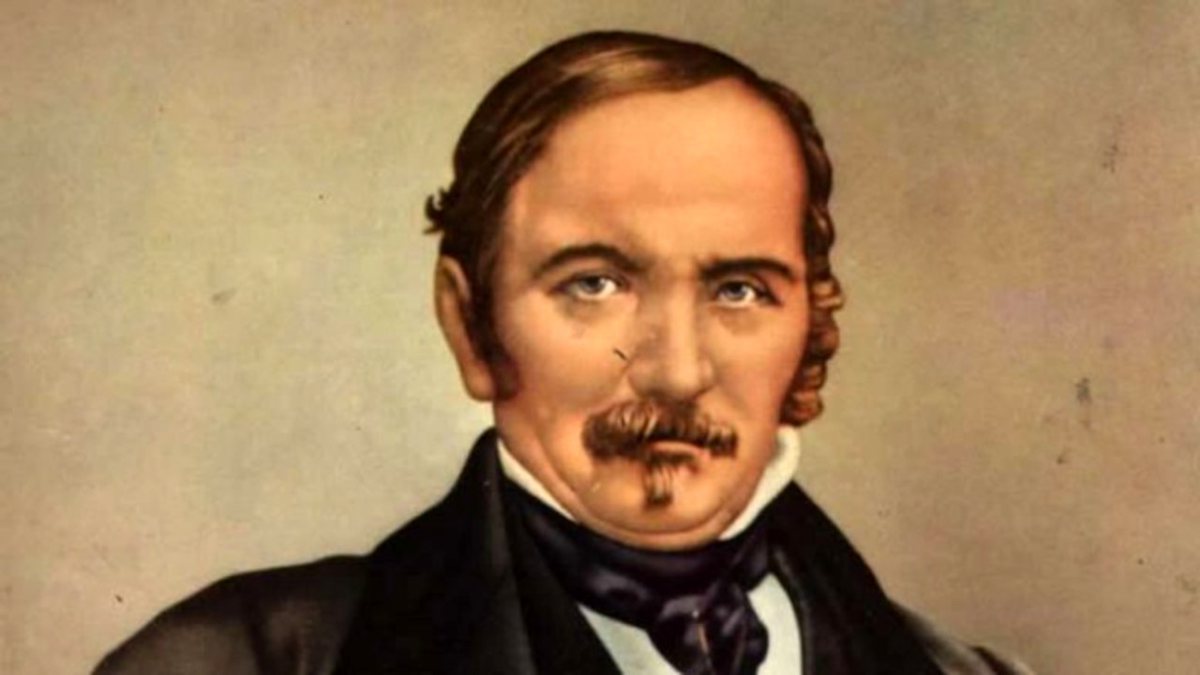Jesus loved the simplicity of symbols, and in his powerful language the workers who came at the first hour were Moses, the prophets and all the initiators who marked the stages of progress that has been continued down through the centuries by the apostles, martyrs, the Church Fathers, learned individuals, philosophers and, finally, Spiritists. Spiritists – the last to arrive – have been announced and foretold since the coming of the Messiah, and they will receive the same recompense. But what am I saying? A greater recompense. As the last to arrive, Spiritists profit from the intellectual endeavors of their predecessors, because humans must inherit from humans, and their endeavors and results are collective: God blesses solidarity. Furthermore, many among them are alive again today, or will come back in the future to complete the work they had formerly begun. More than one patriarch, more than one prophet, more than one disciple of Christ, more than one disseminator of the Christian faith may be found amongst Spiritists; however, they are now more enlightened, more advanced, no longer working on the foundation but on the top floor of the building. Their wages, therefore, will be in proportion to the merit of the work.
Reincarnation – that wonderful tenet – both immortalizes and defines spiritual affiliation. Called to give an accounting of its earthly mandate, the spirit understands the continuity of the task, interrupted but always resumed once again. It sees and senses that it has seized in its flight the thought of its predecessors. It enters the arena again, matured by experience, to advance a little more. And all, workers of the first and of the last hour, with their eyes opened to the profound justice of God, no longer complain, but simply worship.
This is one of the true meanings of this parable. Like all the parables that Jesus addressed to the people, beneath its forms and images it contains the seed of the future as well as the revelation of that magnificent unity that harmonizes all things in the universe, and that solidarity that reconnects all present beings to the past and future.
Henri Heine (Paris, 1863)
